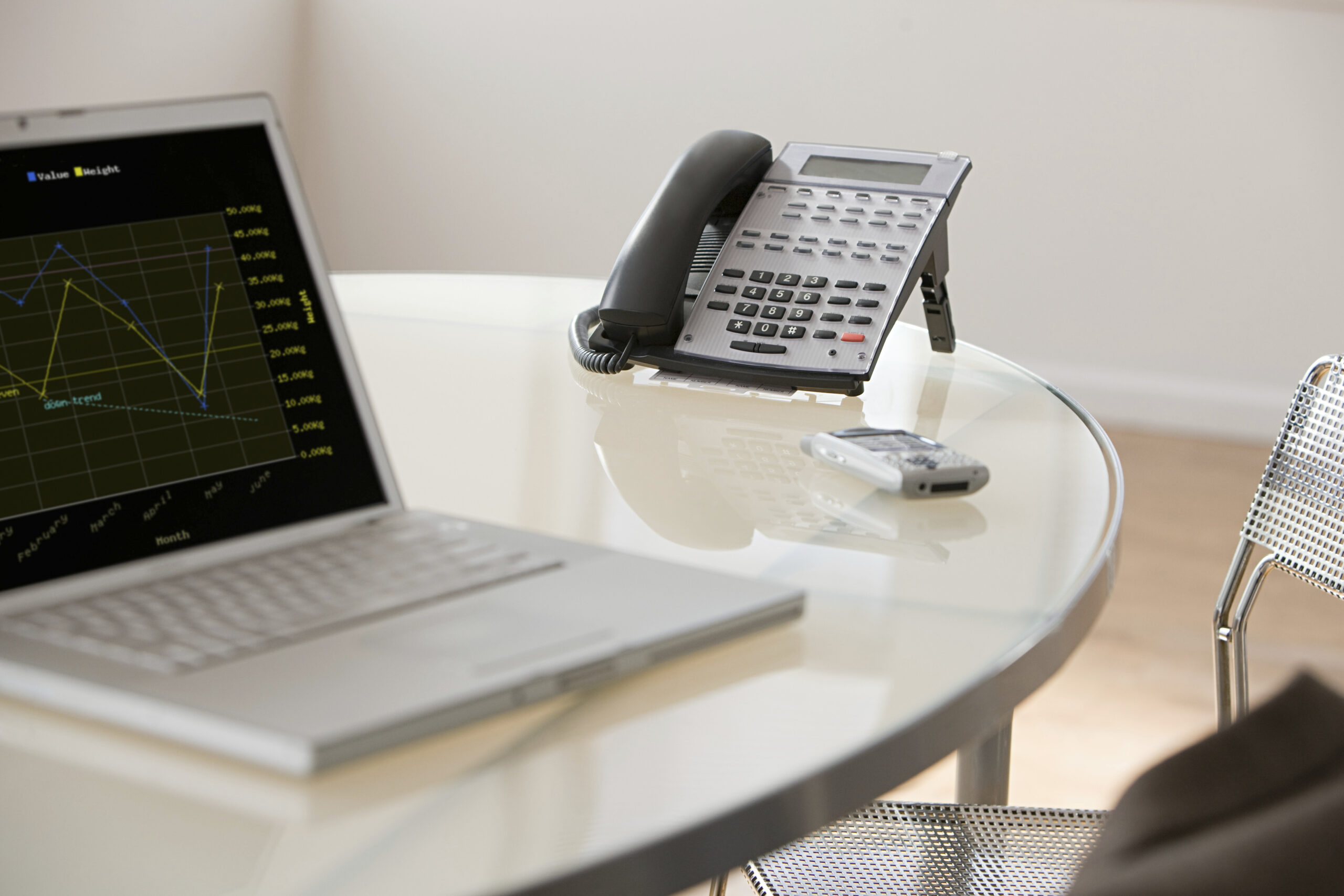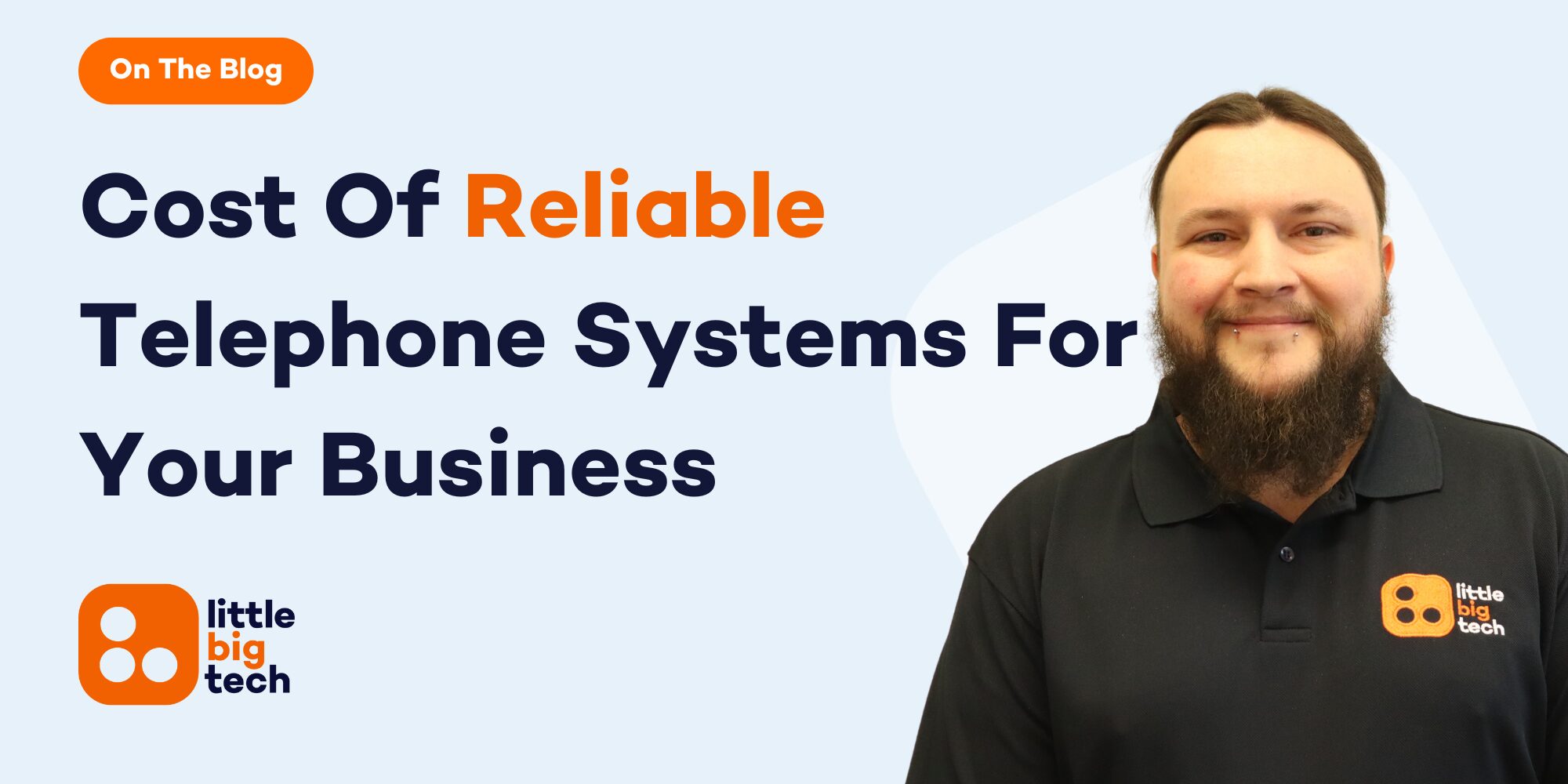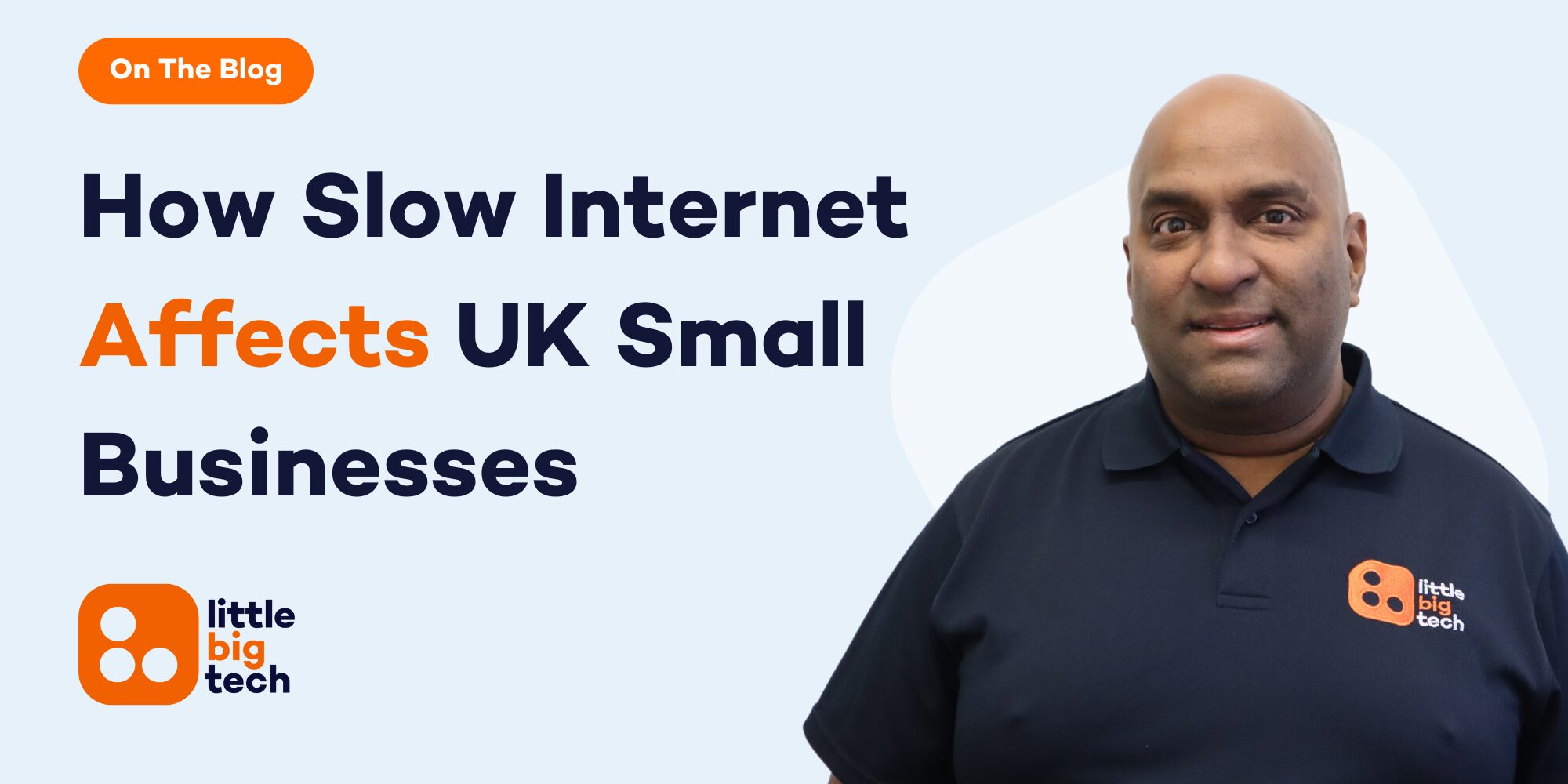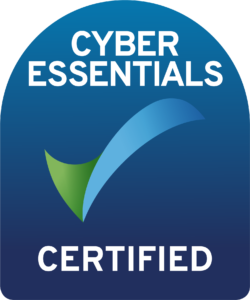- What Drives The Cost of Telephone System For UK Businesses?
- Typical Cost Breakdown By Business Size
- How Usage Type Impacts Cost For Business Phone Systems
- Cost of Telephone System For UK Businesses: Upfront Vs Ongoing Expenses
- How To Budget For A Telephone System Based On Your Team And Usage
- Let Us Help You Find The Right Telephone System At The Right Cost
What Drives The Cost of Telephone System For UK Businesses?
The cost of telephone systems for UK businesses varies widely depending on two main factors team size and how the system will be used day to day. While some setups cost under £10 per user per month, others can run into thousands for installation and ongoing service.
Business phone systems are no longer just about desk phones. Today, systems include call routing, voicemail-to-email, remote access, mobile integration, and cloud-based calling platforms. Depending on what your business needs, costs will be affected by the hardware, software, licences, support, and infrastructure involved.
Small businesses with under 10 users might be fine with a basic hosted VoIP service. Larger teams or businesses with multiple departments may need a more advanced setup like a hosted PBX or on-premise system. Usage type matters too, a customer service centre making 100 outbound calls a day will need very different features to an accounting firm receiving five calls per day.
Installation and support also add to the final cost. Some systems are plug-and-play, while others require network upgrades, specialist handsets, or training sessions.
In this guide for cost of telephone system for UK businesses we break down how different team sizes and usage types affect the overall price. We’ll also cover one-off costs versus recurring charges, and how to budget for a system that fits your team and scales as you grow.
If you’re looking for a clear view of what you should expect to pay and what features are worth the spend this article will give you the practical insight you need.
Typical Cost Breakdown By Business Size
The size of your team is one of the clearest indicators of what kind of phone system your business will need, and how much it will cost. Here’s what to expect at different team sizes:
1–5 users: A basic hosted VoIP solution with softphones or mobile apps will typically cost £7 to £15 per user per month. Minimal hardware is needed, and there’s little setup beyond connecting to your internet router.
6–20 users: Costs increase slightly as call volume grows. You may need a mix of desk phones and mobile apps. Expect £15 to £25 per user per month. More advanced features like call queues, ring groups, or analytics may be introduced.
21–50 users: This group often moves to hosted PBX or hybrid systems. Monthly costs are still around £15–£25 per user, but installation, training, and system design can add upfront charges. Expect setup fees of £500–£1,500.
51–100 users: Costs now include network equipment like switches and dedicated SIP channels. Hosted systems may still work, but some businesses begin considering on-premise PBX solutions. Budget around £20–£30 per user monthly, plus setup costs of £2,000 or more depending on complexity.
100+ users: Fully managed telephone systems are common here. Costs may drop per user due to economies of scale, but total system cost can exceed £10,000 upfront with ongoing monthly billing based on call volume, SLAs, and custom integrations.
Upgrade options as team grows: Most hosted systems allow for flexible scaling. Ensure your provider allows you to add or remove users without penalty and supports user-level features like voicemail, call recording, or mobile extensions.
Matching the system size to your team helps avoid overpaying for features you don’t need, or underinvesting in capacity that causes frustration later.

How Usage Type Impacts Cost For Business Phone Systems
Your team’s calling behaviour has just as much impact on pricing as your user count. Different usage types demand different features, which directly influence cost. Here’s what to consider:
Inbound-heavy vs outbound-heavy: Businesses that primarily receive calls (e.g. booking desks or consultancies) can often use standard VoIP setups. Outbound-heavy teams (e.g. sales or support centres) need call recording, dialler integration, and performance monitoring tools, all of which increase cost.
Remote users and mobile integration: Teams that work across sites or remotely may require softphone access, smartphone apps, or integration with Microsoft Teams or Google Workspace. These features typically add £3–£10 per user per month.
Voicemail, call recording, auto-attendant: These are considered standard in most modern business systems, but some providers charge extra. Voicemail to email is often included, but advanced call routing and recording can raise the monthly fee by 20–30%.
Call centre features and reporting tools: Businesses that need wallboards, agent status, call whispering, and real-time dashboards should budget more. These features are common in contact centre platforms and may require advanced licensing or specialist hardware.
International vs domestic call volume: Call plans affect the total bill significantly. Local-only calling is often included, but international calls may need separate bundles or be charged per minute. Businesses making overseas sales calls should ask about fixed-rate packages.
Every call pattern has a price tag. Choosing the right feature set based on how your staff communicate ensures you’re paying for performance, not just lines.
Cost of Telephone System For UK Businesses: Upfront Vs Ongoing Expenses
Whether you’re choosing VoIP or an on-site PBX, it’s important to understand both the one-time and recurring costs involved. Here’s how the cost of telephone systems for UK businesses typically breaks down:
Hardware (handsets, routers, switches): Some systems offer handset rentals, others require purchase. Entry-level VoIP phones start at £50, while advanced models with colour screens or wireless support cost £150+. You may also need upgraded routers or switches.
Setup and configuration fees: Hosted systems may waive setup fees for small teams, but larger deployments often involve fees ranging from £250 to £2,000 depending on the number of users and whether network changes are needed.
Licences or subscriptions: Monthly user licences range from £7 to £30 depending on the features included. Some plans include unlimited UK calls, while others are usage-based.
Support, maintenance, and SLAs: Support packages can add £1–£5 per user per month. This covers system monitoring, helpdesk access, and guaranteed response times. On-premise systems require more ongoing support than hosted services.
Scalability costs: Most systems are scalable, but there may be charges to add new users, extensions, or features. Ask about upgrade paths to ensure you’re not locked into fixed capacities.
Optional integrations and custom features: CRM integrations, call analytics, or team collaboration tools may be extra. These features are useful but can cost £10–£30 more per user monthly.
Understanding your monthly vs one-off costs helps build a reliable budget. It also helps compare quotes on a like-for-like basis especially when bundled offers may hide some long-term charges.

How To Budget For A Telephone System Based On Your Team And Usage
When building a communications budget, you need more than just a price list. Here’s how to approach telephone system budgeting properly:
Understand team workflows: Speak to department heads or team leads to understand how they use phones. For example, sales teams often need outbound call analytics, while finance may only need voicemail and occasional inbound calls.
Assess short- and long-term user growth: Consider how many users you’ll need in 6–12 months. Systems that can scale easily will save you from surprise reinstallation costs or forced upgrades.
Choose between CapEx and OpEx models: Do you want to own your system (CapEx) or subscribe to a hosted solution (OpEx)? Most startups and growing SMEs prefer the flexibility of monthly billing, while established businesses may want full control through ownership.
Ask about SLAs, contract terms, upgrade paths: Review service level guarantees, contract duration, early exit terms, and upgrade procedures. Some hosted providers allow monthly contracts, others tie you in for 36 months.
Consult a specialist for tailored advice: Providers like Little Big Tech can recommend systems based on your real usage and avoid overspending. They’ll also explain what’s included in each quote and highlight hidden costs.
With a structured budget plan, you can roll out the right system today and upgrade later without stress or surprises.
Let Us Help You Find The Right Telephone System At The Right Cost
We know how difficult it is to find clear pricing for business phone systems. Between handsets, licences, support, and features, it can feel impossible to compare options fairly. That’s why we work closely with businesses across the UK to make sense of it all and keep your setup affordable and futureproof.
At Little Big Tech, we look at how your team works, what your growth plans look like, and how your calls are handled day to day. We don’t just match you with a phone system we build a package that fits your budget, your goals, and your people.
Whether you’re a 3-person startup or a 100-user business, we’ll help you break down the cost of telephone system for UK businesses what’s essential and what can wait. We offer cloud-based systems, on-premise PBX setups, VoIP handsets, call recording, CRM integration, and more all matched to your needs, not someone else’s product catalogue.
If you’re tired of chasing vague quotes or overpaying for features you don’t use, we’re here to help.
Call Little Big Tech today on 03333 055 331 to request a tailored quote and find a phone system that works for your team and your budget.









